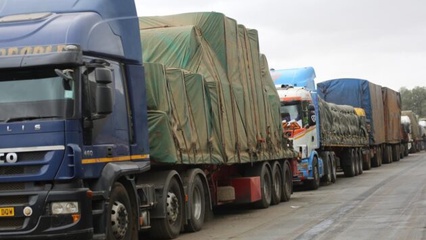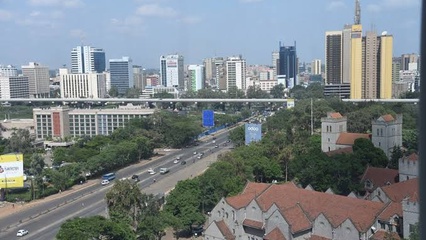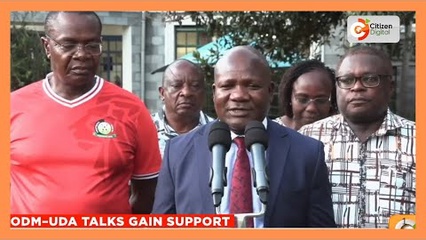Govt plans talks with Tanzania over new trade restrictions

NAIROBI, July 31 (Xinhua) -- Kenya announced on Wednesday that it will hold meetings with Tanzania in early August to address concerns over recently Kenya breaking news | Kenya news today |..
✨ Key Highlights
Kenya will hold talks with Tanzania in early August to address new "discriminatory" tax measures and trade restrictions. These measures, including a ban on non-citizens operating small-scale businesses, threaten regional integration within the East African Community (EAC).
- Tanzania's new measures include the Finance Act 2025 and amendments to the Excise (Management and Tariff) Act 2019, introducing new excise duties of 10 percent and an industrial development levy of 15 percent.
- Lee Kinyanjui, cabinet secretary in Kenya’s Ministry of Investments, Trade and Industry, voiced concern over the Business Licensing (Prohibition of Business Activities for Non-Citizens) Order, 2025, which bars non-Tanzanians from engaging in 15 specific sectors, including micro and small enterprises.
- The EAC is Kenya’s largest export market, accounting for 28.1 percent of its total exports, valued at approximately 2.3 billion U.S. dollars in 2024.
Continue Reading
Read the complete article from Capital Business
Part of the Day's Coverage
East African Trade Relations and Restrictions - July 2025
Kenya and Uganda have signed eight new MoUs, adding to 17 existing agreements to enhance bilateral cooperation across key sectors. However, this progress is overshadowed by new trade challenges within the East African Community. Kenya plans to hold talks with Tanzania in early August regarding "discriminatory" tax measures and trade restrictions. These measures include Tanzania's controversial ban on non-citizens operating small-scale businesses in 15 sectors, a move that has drawn strong criticism from neighboring Kenya and raised concerns about violations of EAC free movement agreements. During the signing ceremony in Nairobi, Presidents Ruto and Museveni also raised concerns over existing trade restrictions within East Africa.



